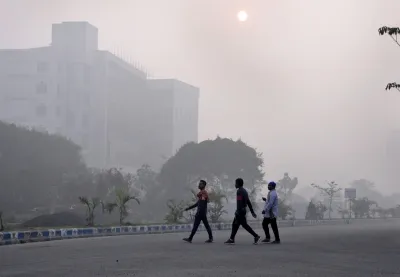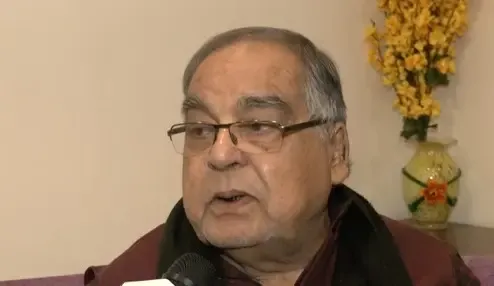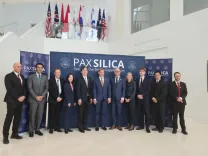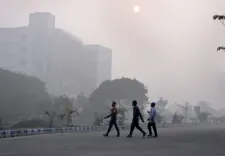CBI Investigates WBSSC's Failure to Preserve OMR Sheet Scans in Bengal School Job Scandal
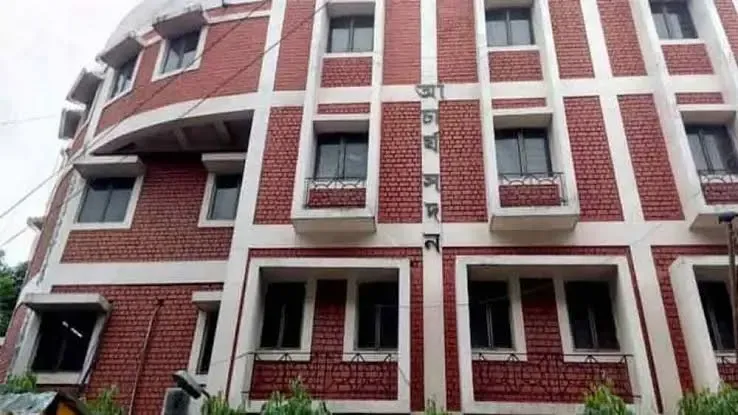
Synopsis
Key Takeaways
- CBI is probing the mismanagement of OMR sheet preservation.
- 2016 job panel cancellation due to corruption allegations.
- WBSSC had infrastructure available but chose to outsource.
- Destruction of OMR sheets raises concerns over evidence tampering.
- Retention period for OMR sheets now reduced.
Kolkata, April 14 (NationPress) The Central Bureau of Investigation (CBI) investigators delving into the extensive cash-for-school job scandal are currently examining why the existing infrastructure of the West Bengal School Service Commission (WBSSC) was not utilized for preserving the “scanned” or “mirror” images of the optimal mark recognition (OMR) sheets employed in the written examination for the recruitment of teaching and non-teaching staff in state-run schools during 2016.
Earlier this month, the Supreme Court annulled the entire panel of 25,753 positions for 2016, reaffirming a prior ruling by the Calcutta High Court last year. The apex court also endorsed the Calcutta High Court’s assertion that the complete panel of 2016 had to be nullified due to the impossibility of distinguishing the “genuine” candidates from those who secured jobs through monetary transactions.
Recent information has emerged indicating that a primary obstacle to achieving this distinction is the destruction of all OMR sheets utilized in the written examinations for that panel, as they were discarded without safeguarding the mirror images.
Sources familiar with the investigation revealed that during their inquiry, CBI officials discovered that the WBSSC’s office possessed adequate technical infrastructure capable of both evaluating and preserving a substantial number of OMR sheets for extended periods.
This raises the question of why, despite having such resources, the commission opted to outsource the evaluation and preservation tasks to an agency based in Ghaziabad.
Investigators are reportedly attempting to contact the individual responsible for directing this outsourcing rather than utilizing the available infrastructure at WBSSC.
While the absence of mirror images of OMR sheets signifies a secondary lapse or irregularity by the commission, the initial error was the destruction of the soft copies of the OMR sheets for the 2016 panel merely a year following the written examination.
Historically, prior to 2016, the commission retained the OMR sheets from written examinations for three years. The CBI has also informed the court that the retention period for soft copies of OMR sheets is being revised to one year from the previous three years, indicating a deliberate intent behind this decision.
In March of this year, the CBI notified a special court in Kolkata that the soft copies of OMR sheets were destroyed after one year based on directives from the former West Bengal Education Minister and Trinamool Congress secretary general Partha Chatterjee, with the clear aim of obliterating evidence in the school-job scandal.


